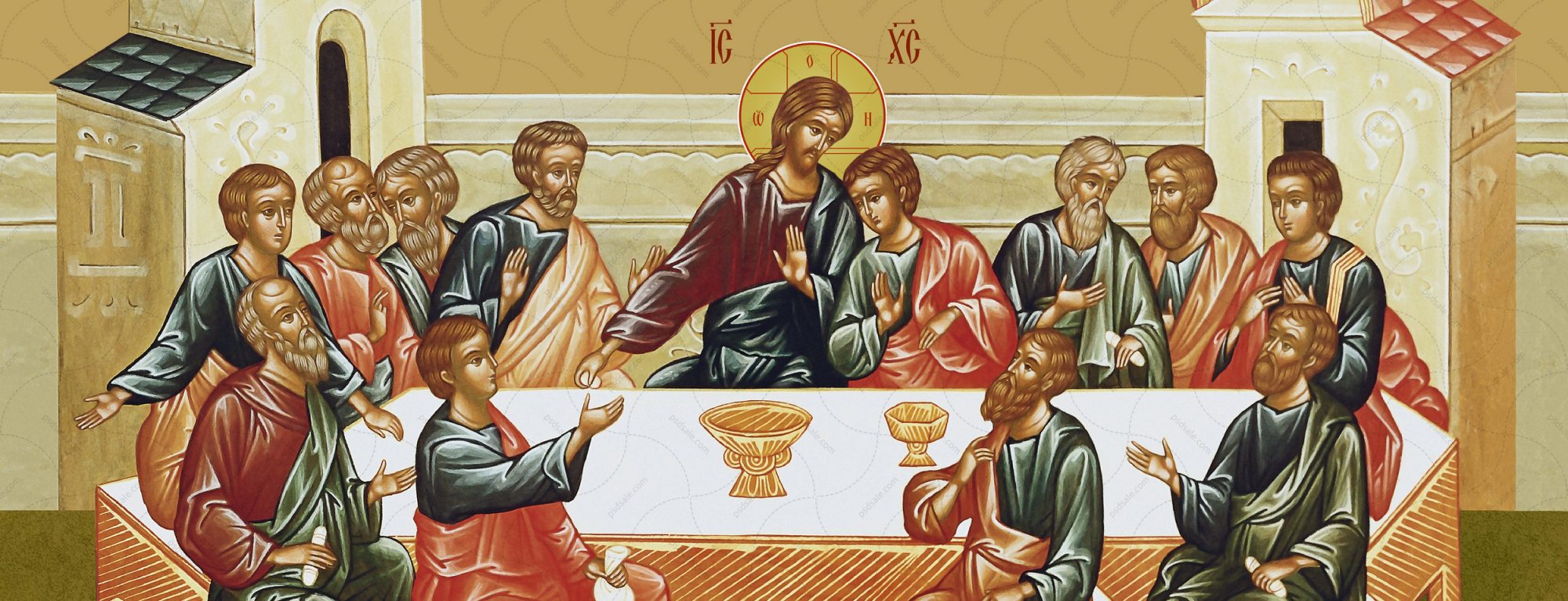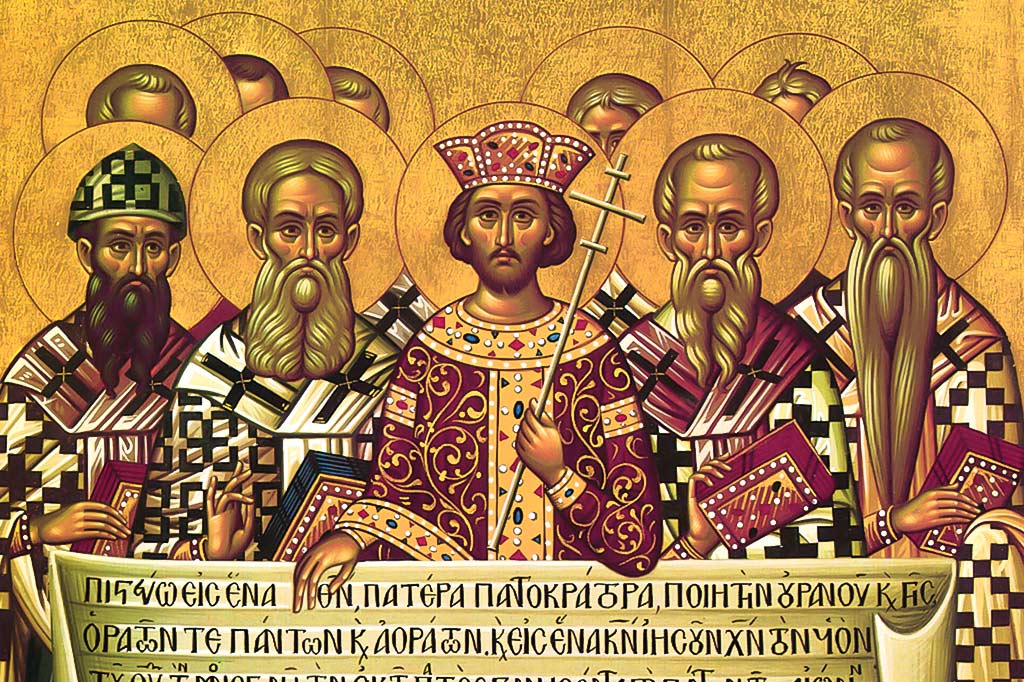Predstavujeme cirkevných otcov: Irenej Lyonský (1)
Prihláste sa, aby vám ostala história navštívených článkov tu
Život: Narodil sa medzi rokmi 140 a 160 v Malej Ázii, azda v Smyrne. Bol žiakom Polykarpa, cez neho bol spätý s apoštolskou dobou. V rokoch 177 – 178 bol ako presbyter lyonskej cirkvi – o presnej polohe tohto mesta sa dodnes vedú spory – poslaný k pápežovi Eleutérovi ako sprostredkovateľ v spore o montanizmus. Následne bol vysvätený za biskupa a stal sa mediátorom v spore o Paschu, ktorý vypukol medzi východnými biskupmi a pápežom Viktorom. Jeho zásah bol úspešný. O zvyšku jeho života nevieme nič.
Diela: Irenej je pravdepodobne najvýznamnejším teológom 2. storočia. Jeho dielo Proti herézam je encyklopédiou heréz a predovšetkým autentickým zdrojom údajov o gnosticizme. Napísal tiež Ukážku apoštolského kázania a sériu diel, z ktorých sa nám zachovali len nejaké zlomky alebo v niektorých prípadoch len názvy (Monarchia, Ogdoade, O vede atď.).
Teológia: Pravdepodobne Irenejovi patrí zásluha, že ako prvý sformuloval kresťanské učenie v dogmatických pojmoch.
V kristologickej oblasti Irenej považuje Syna za splodeného, nie stvoreného, pričom sa zrieka vysvetľovania tohto tajomstva. Irenejova téza o rekapitulácii všetkých vecí v Kristovi tvorí základ jeho teológie.
V oblasti mariológie Irenej pokračuje v paralelizme medzi Evou a Máriou, ktorý sformuloval Justín. Mária sa stáva Evinou obhajkyňou.
V oblasti ekleziológie Irenej verí, že cirkev prijala od apoštolov a ich učeníkov pravú vieru, ktorú Irenej stotožňuje „zhruba“ s Apoštolským vyznaním viery. Táto apoštolská tradícia sa manifestuje najmä v biskupskej postupnosti, ktorá na rozdiel od heretikov siaha až k samotným apoštolom. Preto treba poslúchať „nástupcov apoštolov“. Medzi cirkvami najdôležitejšia a najstaršia je Rímska cirkev, ktorú vybudovali Peter a Pavol. Avšak Irenej tým pravdepodobne nechce obhajovať rímsky primát, ale vznešenejší pôvod tejto cirkvi – prameniaci z jej zakladateľov.
V oblasti sviatostí Irenej veril, že modlitba prednášaná nad chlebom a vínom počas Eucharistie ich premieňa na Kristovo telo a krv. Napriek tomu je obetný charakter Eucharistie obmedzený v zmysle, ktorý zdôrazňuje už Didaché a iné ranokresťanské spisy, teda v zmysle symbolickej obety chvály, čo je téza nesporne pochádzajúca z tradície Beraky.
Čo sa týka kánonu Svätého písma, Irenej doň nezahŕňa List Hebrejom, ani Druhý Petrov list či Jakubov alebo Júdov list. Naproti tomu za kánonický spis považuje Hermovho Pastiera.
V eschatologickej oblasti Irenej verí v milenarizmus a osobitnú pozornosť venuje postave Antikrista.
Zdroj: C. V. MANZANARES: Dizionario sintetico di patristica 1991
Prihlasovanie na odber nových článkov čoskoro...
Predstavujeme cirkevných otcov: Klement Rímsky (2.)Cirkevný otec Augustín: „Smrť nie je nič…“


